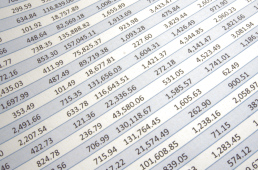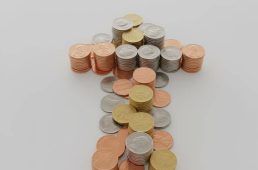How to Prepare Economically for the Easing of the Lockdown Expected Soon
The coronavirus is not over yet, and restrictions have not been completely lifted. Is it really possible to speak the language of “routine”?
The difference between an “emergency” and routine lies mainly in our ability to plan the path from our current situation to our desired destination.
Adopt Rules of Conduct That Remain Valid Over Time
During the first days of the crisis, emergency conduct was essential. Now, in many ways, even those who are on unpaid leave or have been laid off are in a kind of routine with more orderly rules.
How Should One Manage Finances During This Transition Period?
Since we are in an interim period, it is crucial to maintain a moderate financial approach.
- Build a budget based on actual income and expenses.
- Continue to minimize expenditures where possible.
- Act responsibly to avoid additional financial risks in case of another crisis.
Are There Recommendations for People in Hard-Hit Industries Such as Tourism, Events, or Restaurants?
For those who are currently unemployed and unsure when they will return to work in their previous field, the best course of action is to integrate into the labor market as soon as possible.
Employees in the events and hospitality sectors are service-oriented at their core, and many companies are actively seeking dedicated workers with strong customer service skills.
My Employment Situation Is Still Unstable. I’m on Unpaid Leave and Uncertain About the Future.
Seek any available employment opportunities as soon as possible.
- Remember that unemployment benefits are limited and using them unnecessarily could create difficulties in the event of another crisis in the same industry.
- It is easier to transition and advance within the labor market from a state of employment rather than prolonged unemployment.
- Ultimately, employment is the best foundation for financial, family, social, and mental well-being.
For Families That Recently Managed to Reduce Expenses – How Can Savings Be Preserved?
As we mentioned, we are in a transitional period. This is an opportunity to assess real needs.
- If you successfully eliminated certain expenses, there’s no reason to bring them back unnecessarily.
- This is a great chance to deeply understand your priorities and act accordingly.
In the Last Two Months, Many Shopping Needs and Desires Have Emerged – How Should They Be Prioritized?
- If you don’t truly need it, don’t buy it!
- The restrictions disrupted pre-crisis spending habits, but the key is to evaluate which habits are worth restoring.
- If a purchase is necessary, focus on what you truly need rather than what you simply “feel like” buying.
What Can We Learn From This Crisis for the Future? How Should We Prepare for the Next Crisis?
The importance of daily preparation for economic crises cannot be overstated.
- Every family should aim to have emergency savings equivalent to at least three months’ salary to handle unexpected crises.
- Only after securing this emergency fund (and not using it for other expenses) should additional savings be considered.



